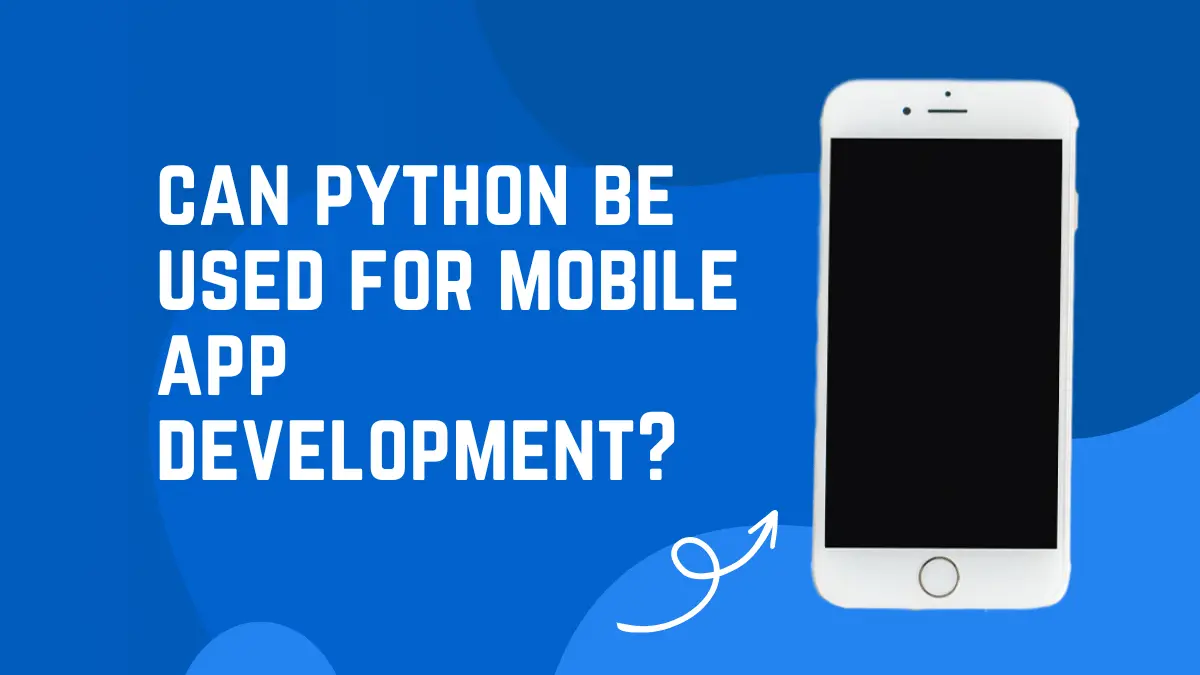Python, renowned for its versatility and simplicity, has gained widespread popularity in various domains of software development. However, when it comes to mobile app development, questions arise about its suitability and effectiveness.
In this article, we will dive into the world of mobile app development with Python, evaluating its potential and addressing the limitations it might encounter.
Understanding Python’s Role in Mobile App Development
Python’s viability for mobile app development is a hotly debated topic among developers. To shed light on this matter, we’ll analyze its core strengths and possible use cases.
Pros and Cons of Using Python in Mobile App Development
To determine whether Python is a good fit, let’s weigh its advantages, like a simple syntax, and potential drawbacks, such as performance concerns.
Python Frameworks for Mobile App Development
Several frameworks enable Python to venture into mobile app territory. We’ll assess popular ones like Kivy, BeeWare, and Pygame.
Cross-Platform Development with Python
Discover how Python facilitates cross-platform app development, allowing code to be reused across iOS, Android, and other platforms.
Performance Considerations and Optimization Techniques
Python’s interpreted nature might raise performance issues. We’ll delve into optimization techniques to address these concerns.
Python vs. Native App Development
Comparing Python-based mobile apps with natively developed ones, exploring factors like speed, user experience, and access to device features.
Real-World Examples of Python-Powered Mobile Apps
Explore successful mobile applications built with Python and analyze their performance and user feedback.
Leveraging Python’s AI and ML Libraries in Mobile Apps
Python’s rich libraries for AI and ML open up exciting possibilities for incorporating intelligent features in mobile apps.
Security Concerns in Python Mobile App Development
Addressing potential security vulnerabilities in Python-based mobile apps and implementing robust security practices.
Tackling the Challenges of Python Mobile App Development
Discuss common challenges developers might encounter and strategies to overcome them effectively.
Best Practices for Python Mobile App Development
Presenting a set of best practices to follow, ensuring the development of reliable and efficient Python-powered mobile apps.
Future Prospects of Python in Mobile App Development
Looking ahead, we’ll examine how Python’s ecosystem is evolving to support mobile app development and its potential for growth.
Conclusion
While Python may not be the go-to choice for all mobile app development projects, its versatility, ease of use, and vast community support make it a compelling option for specific use cases. Developers must carefully assess project requirements and consider the trade-offs before embarking on Python-powered mobile app development. As Python continues to evolve and adapt, its role in the mobile app landscape is likely to expand, bridging the gap between simplicity and functionality in the fast-paced world of app development.

